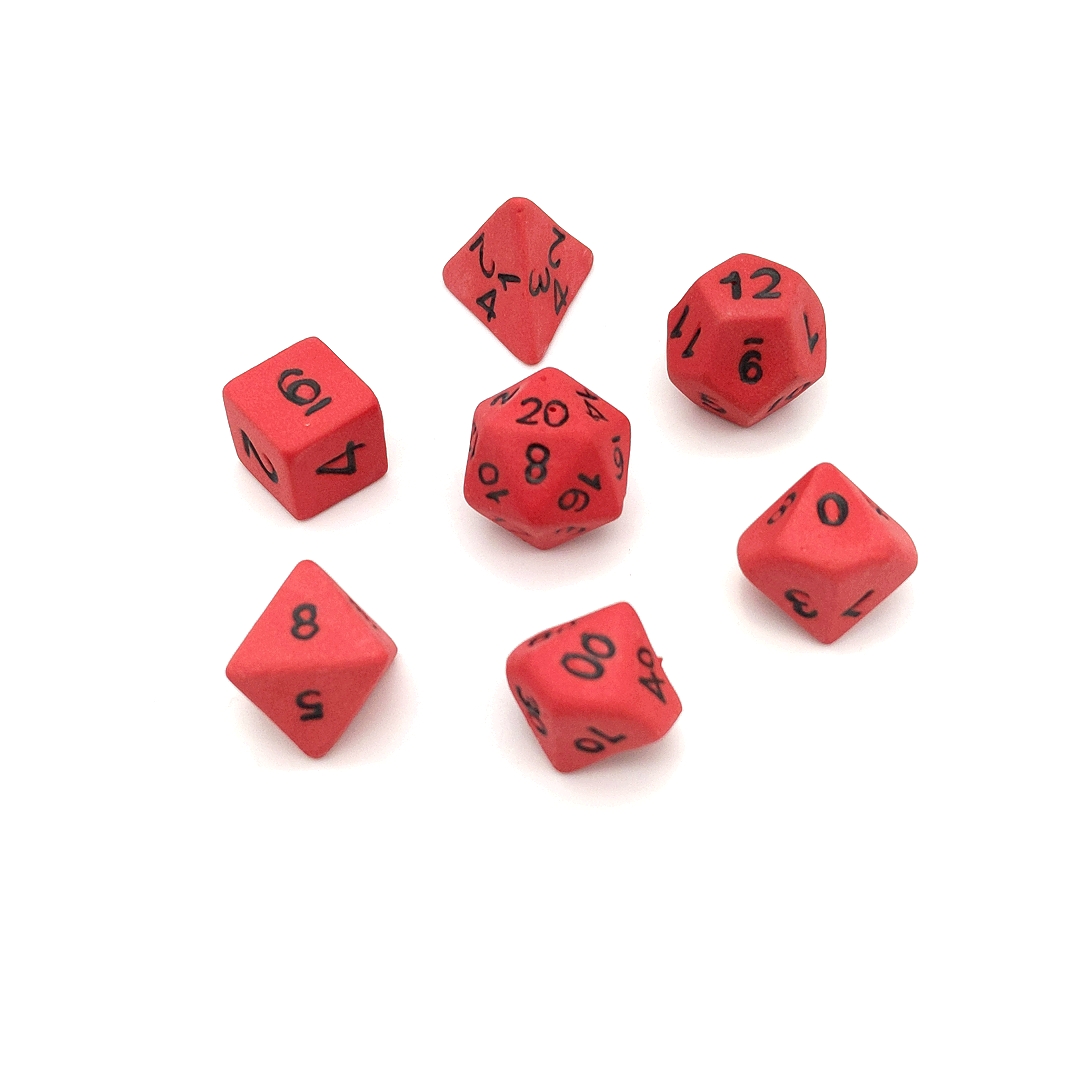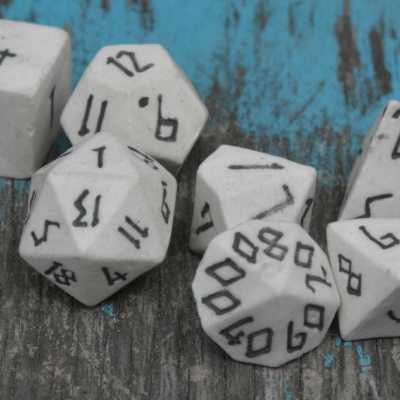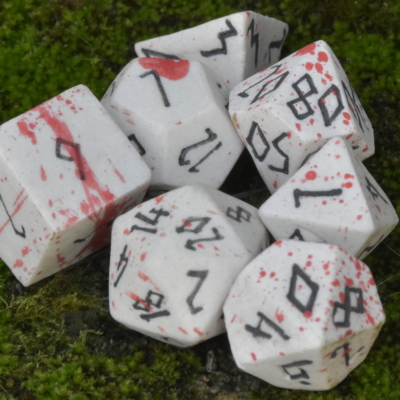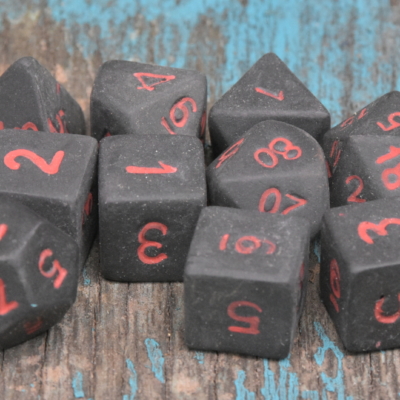Unraveling the Significance of Guilds and Organizations in Campaigns
In the intricate world of tabletop role-playing games, guilds and organizations play a pivotal role in shaping narratives, providing structure, and enhancing the player’s immersion. Whether you’re a beginner or an experienced player, understanding how to effectively incorporate these elements can elevate your campaign experience.
Understanding Guild Dynamics
Guilds are more than just groups; they are complex entities with their own goals, resources, and influence. They can serve as allies or adversaries, each choice impacting the story’s direction. For beginners, it’s crucial to start with simple guild structures that focus on clear objectives such as protecting a town or seeking rare artifacts.
Tips for Beginners
- Create guilds with clear motives to guide players smoothly.
- Use guild quests to introduce players to the game world gradually.
Advanced Strategies for Veterans
- Introduce rival guild factions to create tension and intrigue.
- Develop deep lore for each guild to enhance storytelling.
Organizations: Beyond Guilds
While guilds often focus on specific trades or interests, organizations can encompass broader objectives like political influence or religious devotion. Understanding this distinction helps in crafting diverse narratives.
For those embarking on new adventures, consider equipping yourself with our Fireball Ceramic Dice Set. Its precision and aesthetic appeal make it a perfect companion for any campaign scenario.
Incorporating Triton Clerics into Guild Structures
Triton clerics bring unique abilities that can significantly affect their involvement in various organizations. Their affinity with water makes them ideal candidates for maritime guilds or religious orders devoted to oceanic deities. This opens up narrative possibilities involving underwater expeditions or divine quests.
Tips for Integrating Triton Clerics
- Align their personal goals with those of the organization for seamless integration.
Exploring the fascinating world of tabletop role-playing games, the role of guilds and organizations cannot be overemphasized. Providing structure and shaping narratives, they immensely enhance the player’s immersion into the game world. Whether you are a novice or a seasoned player, understanding how to effectively weave these elements into your campaign can greatly enrich your role-playing experience.
Guilds in role-playing games are more than mere groups; they are intricate entities with their own objectives, resources, and influences. Depending on the narrative, they can serve either as allies or adversaries, and each decision can greatly impact the direction of the story. For beginners, it’s advisable to start with simple guild structures that have clear goals, such as safeguarding a town or hunting for rare artifacts. As players gain more experience, introducing rival guild factions can create tension and intrigue, thus enhancing the storyline. The development of deep lore for each guild can also greatly improve storytelling.
In contrast to guilds that often focus on specific trades or interests, organizations usually have broader objectives. These can range from political influence to religious devotion. Understanding this distinction is crucial for crafting diverse and engaging narratives. Further, Triton clerics with their unique abilities and affinity with water can be integrated into maritime guilds or religious orders dedicated to oceanic deities. This can open up new narrative possibilities involving underwater expeditions or divine quests. It’s important to align the personal objectives of Triton clerics with those of the organization for seamless integration.
-
Runic Skeleton Ceramic Dice Set
Select options This product has multiple variants. The options may be chosen on the product page -
Runic Blood Skeleton Ceramic Dice Set
Select options This product has multiple variants. The options may be chosen on the product page -
Necromancer Ceramic Dice Set
Select options This product has multiple variants. The options may be chosen on the product page





